
Manchester United fleeced by Valencia over Champions League ticket prices – Uefa must stop Spanish clubs ripping off away fans
With La Liga clubs regularly overcharging visiting supporters for Champions League matches as their own don’t travel, it’s time Uefa intervened
From one angle US$98 doesn’t seem too bad a price to see Valencia take on Manchester United in a Uefa Champions League game in December. The price is similar to a big concert, theatre production or NFL game, though a standing ticket to see the New York Giants at the Dallas Cowboys cost US$40 this Sunday.
Valencia against United could be a crucial game in one of Europe’s most thrilling venues to decide which team goes through to the knockout stages. Or it could be a dead rubber.
But the two clubs are big names and Valencia have priced their tickets at between US$98-266 for normal, non-executive seats.
United fans will be in the cheapest, highest, nosebleed seats above one corner. Those Valencia fans who choose to buy tickets close to the United fans will pay similar amounts, if not more if their seat offers a superior view.
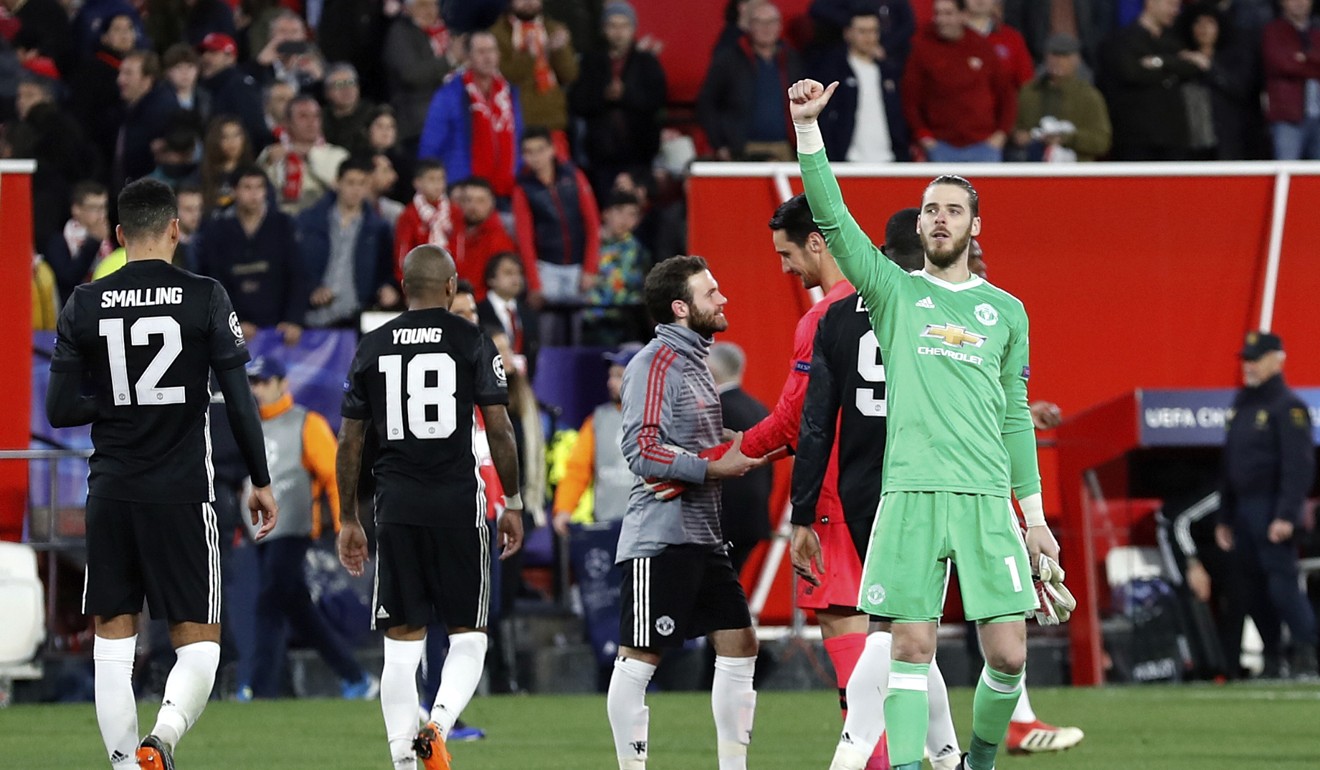
This is how the Spanish club might justify the hike, just as Sevilla did when they charged United fans US$115 for February’s Champions League game – or US$57.50 per United attack.
That followed completely valid complaints from Liverpool, Leicester and Tottenham fans about ticket prices in Seville.
Yet it’s a disingenuous argument, since 80 per cent of the crowd for the Valencia v United game or the Sevilla v United game are season ticket holders who pay much less for their tickets. Their season tickets, which also include Champions League games, cost US$462 behind the goal – around $17 per game.
It’s not unreasonable for Valencia to charge one-off tourist prices to glory hunting fans who only want to show up when Man United rather than Leganes are in town and nor is it Valencia’s fault that the British pound has dropped since the 2016 EU referendum.
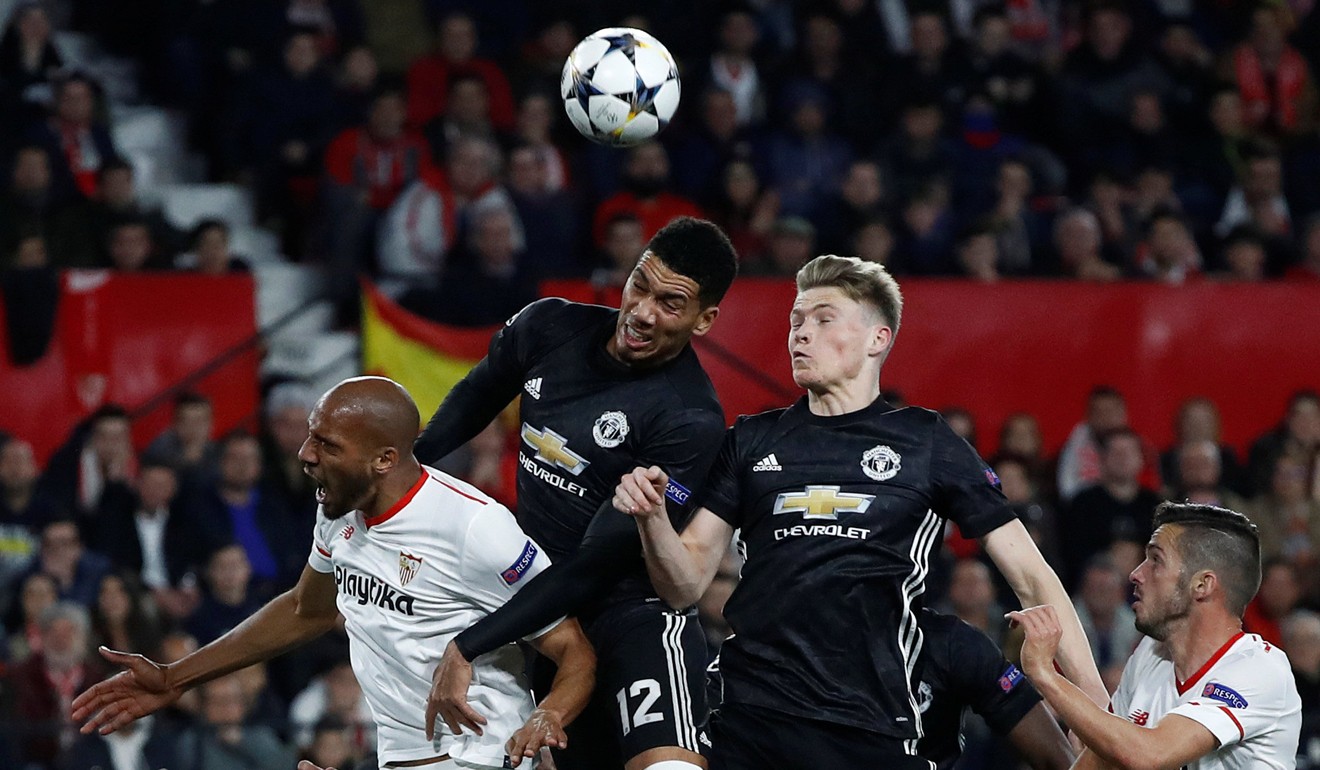
But why should visiting fans be stung as well?
It would be unreasonable for United fans to buy a season ticket for Valencia, just as it wouldn’t be fair on Valencia fans to be charged US$98 for a ticket for October’s game at Old Trafford.
Sadly, there’s little surprise here. Spanish clubs charge visiting fans the highest prices in world football, yet Spanish fans rarely travel away.
Valencia took 36 fans to Barcelona, a three hour train ride away, last season.
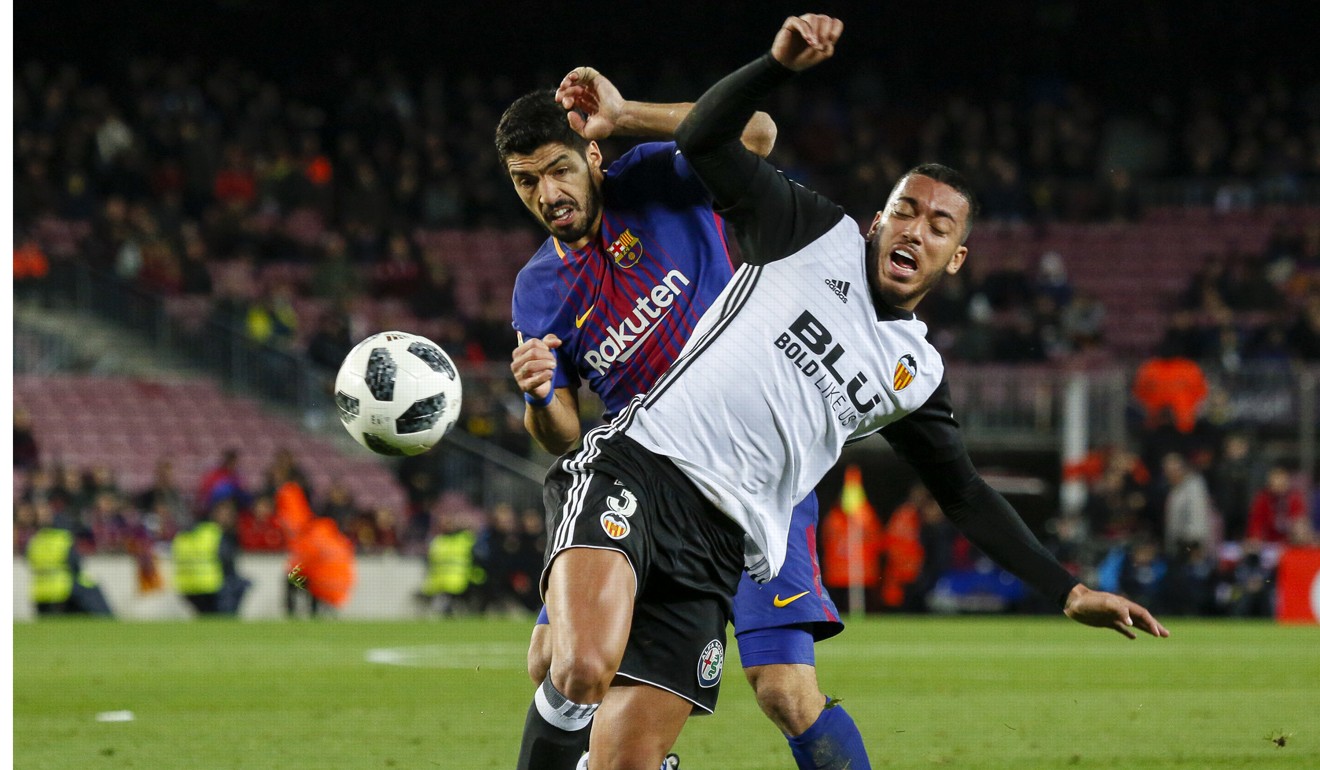
The biggest away following at Valencia this season will be in the Champions League.
Those 2,000 United fans making their way to the Mestalla will be at Southampton at the start of December and in Liverpool a few days after the game. They go to 40-50 games a season, they’re not one-off fans for a one-off event like the World Cup finals, a successful shindig for the global middle class in Russia this year where the cheapest semi-final ticket was US$280.
The travelling, week in, week out fans are the ones that bring the noise and atmosphere which the Champions League’s sponsors buy into as they broadcast to the world.
The English Premier League took time to realise this, but they did and there has been significant progress made by fan groups such as the Football Supporters Federation regarding top flight ticket prices. Away tickets are now capped at US$39 – an achievement given Arsenal charged US$83 for travelling fans in 2014.
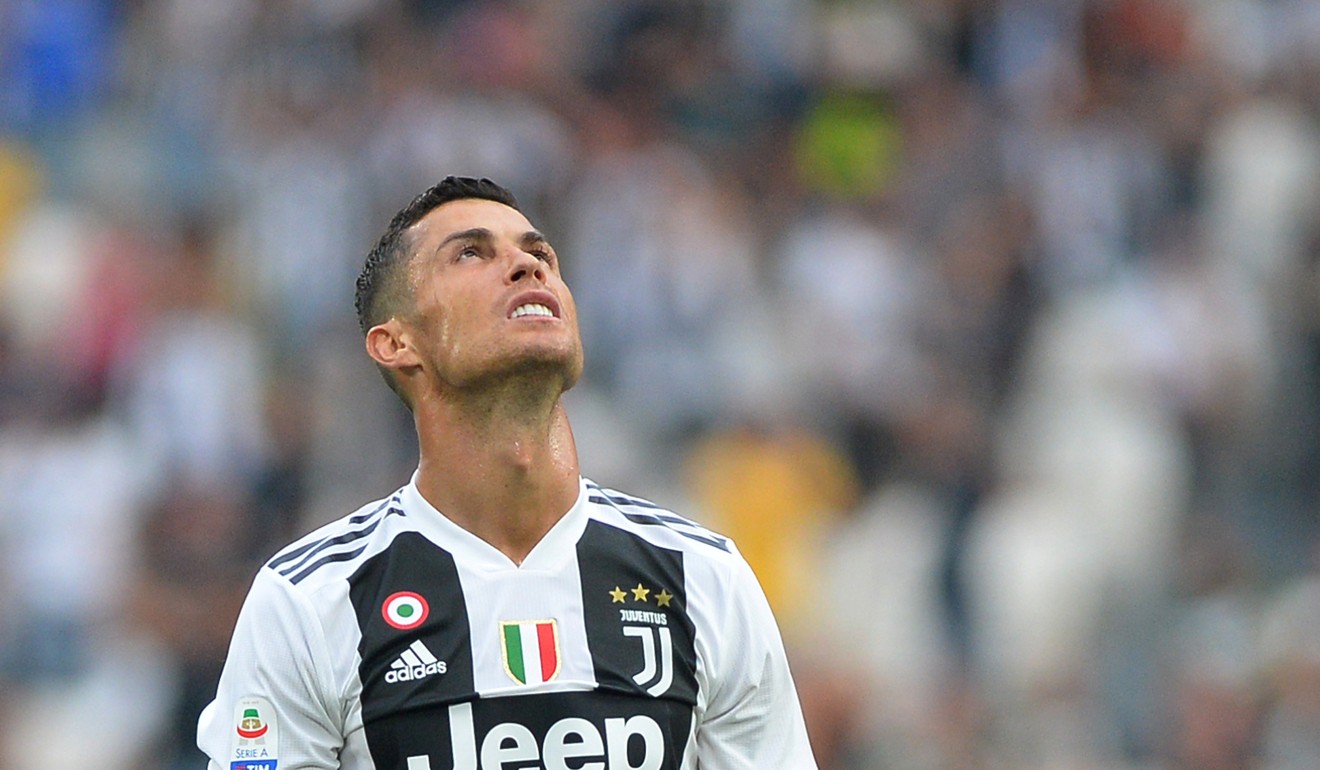
Revenue from ticket sales used to be the most important income for a club, but they now make their money easier elsewhere, chiefly through television or commercial activities. Ticket prices barely rise in the Premier League now which engenders goodwill from fans, if the constant changes of kick-off times to suit television does not.
In Italy, United fans will pay US$1.30 less to visit Juventus next in November than they did when they paid US$72 for a game in 1999.
But it’s different in Spain, where no club sells out their stadium on a regular basis.
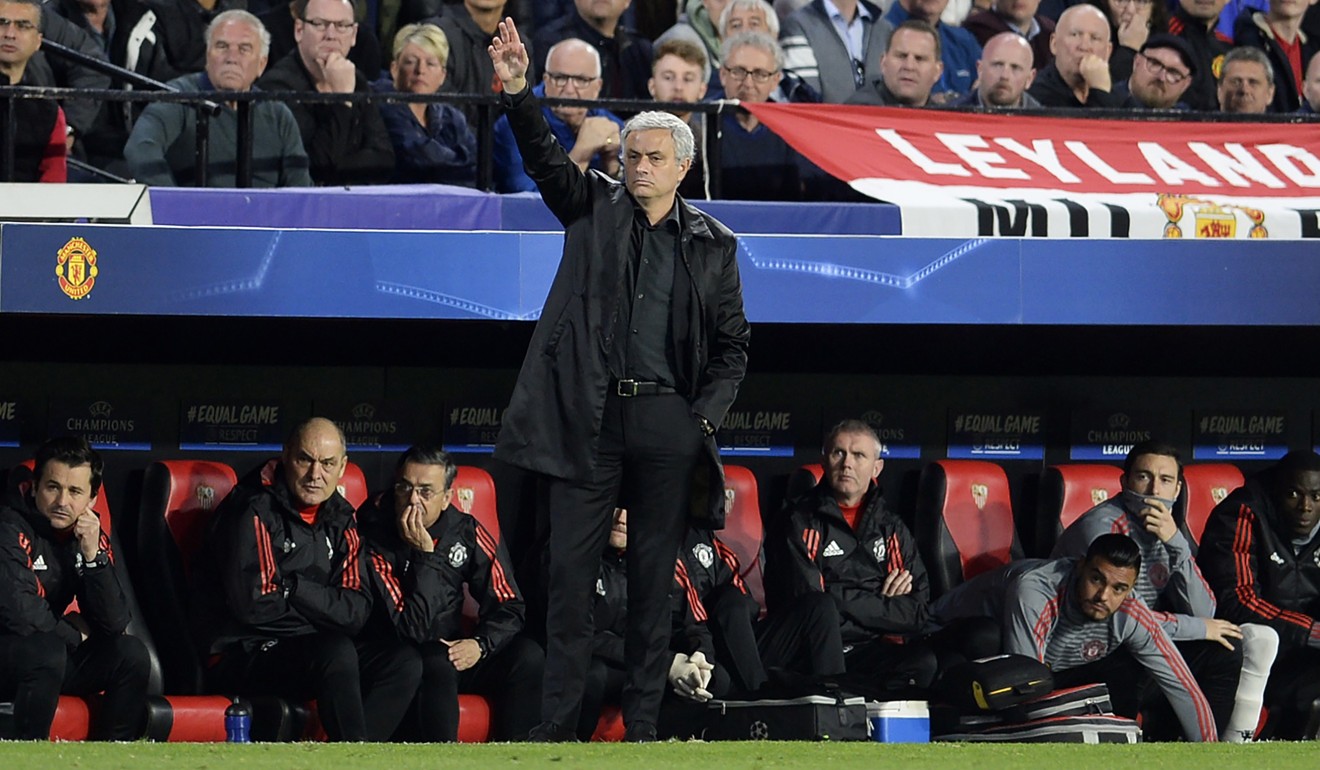
When Belgian club Anderlecht charged Bayern Munich fans US$115 per ticket, Bayern fans protested and their club got refunds. United and Sevilla, however, became embroiled in a ludicrous situation where they both subsidised their own fans to prevent them being ripped off in the away legs.
This is not an issue for Uefa because, according to their rules, it’s up to individual clubs to set their ticket prices.
Uefa have been reluctant to interfere, but so were the Premier League until they were so awash with money that they pressured clubs into agreeing to give something back by cutting ticket prices.
Something similar needs to happen in the Champions League, because such greedy opportunism is doing no good for the image of those Spanish clubs lining their pockets at the expense of the most committed opposition fans.

